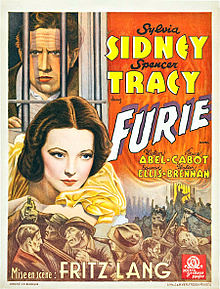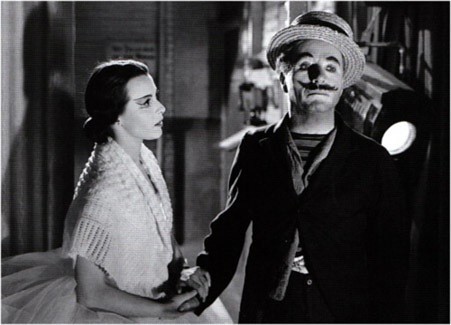You could make the argument that, by the end, Fritz Lang's Fury pulls its punches, but I think that's a rather shallow assessment of what this movie does. Murderous intent is still murderous intent, regardless of the outcome. These normal, everyday people came together and decided to execute a man based upon their flimsy rumor mongering. That he managed to survive is irrelevant. The uninhibited hate people show for others they've never even met gets at the heart of what the movie does so well—reveal the maliciousness existing within us all.
Watching the trial, I admit a satisfaction seeing the defendants proven guilty—especially the footage proving their participation in the crime. My own reactions are not free from reproach, and what's more, they aren't so different from the mob mentality in the picture. This makes me wonder if I would've behaved any differently from anyone else in the mob—not just the 22 on trial, but the witnesses and bystanders as well. Pleading guilty or not guilty is irrelevant; the common denominator is humanity's overpowering self-interest.
As Joe comes forth at the end, it is, as he says, for himself that he does so. This isn't some selfless act he's performing; he's saving these people so he doesn't have to live with having killed them through the law. Interestingly, this shows how incorrect it would be to see justice as synonymous with truth; justice is not some all-seeing power—if anything, it's blind. The great weakness of the justice system, that no one wants to admit, is how utterly fallible the whole thing is. The system is under the trust that people have the decency to tell the truth, but it's so easy to lie.
Fury is an extremely pessimistic movie that undermines the trust we place in basic, human decency. The emphasis people place on Joe's innocence or the "happy" ending shows, to me at least, a shallowness of interpretation and too much concern with overall outcomes. To call the ending "happy" is a failure to understand the motives of the characters, instead placing too much emphasis on the overall results—just because nobody dies doesn't mean no harm was done.

